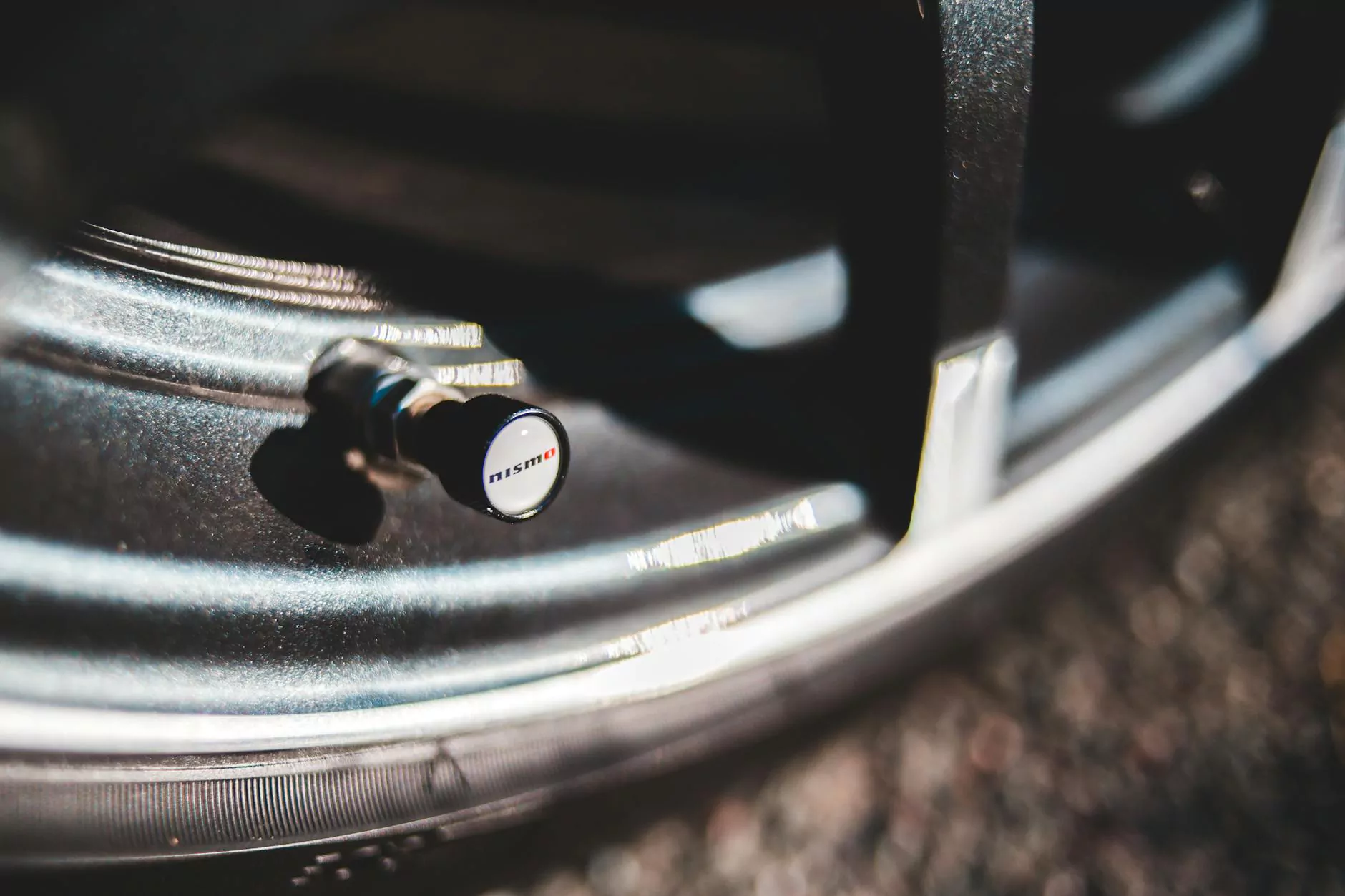Unlocking the Power of Automotive Diagnostic for Your Vehicle's Health

The automotive industry is constantly evolving, and keeping up with cutting-edge technology is essential for both mechanics and vehicle owners alike. One of the most critical advancements in this field is the automotive diagnostic process. This guide will delve into the significance of automotive diagnostics, particularly within the context of Indianapolis Auto Repair, and how it can dramatically enhance your vehicle's performance and lifespan.
Understanding Automotive Diagnostics
Automotive diagnostics is the process of identifying issues within a vehicle's systems through various tools and methods. This encompasses everything from the engine and transmission to the electrical systems of modern automobiles. With the advent of sophisticated computer systems in vehicles, diagnostics have become a vital part of auto repair services.
The Importance of Diagnostics in Modern Vehicles
Modern vehicles are equipped with numerous sensors and electronic control units (ECUs) that monitor and manage the functioning of various components. This integration means that when a problem arises, it can often be difficult to pinpoint the root cause without the proper diagnostic tools. By utilizing automotive diagnostic techniques, mechanics can:
- Pinpoint Problems Quickly: Sophisticated diagnostic tools can read error codes and provide immediate information about the underlying issue.
- Save Time and Money: Identifying issues swiftly allows for faster repairs and minimizes the risk of further damage.
- Enhance Vehicle Performance: Regular diagnostics help ensure that all systems are functioning optimally.
- Improve Safety: Detecting and resolving issues before they lead to catastrophic failures can protect drivers and passengers.
How Automotive Diagnostics Work
The process of automotive diagnostic typically involves several steps:
1. Initial Assessment
When you bring your vehicle to an Indianapolis auto repair shop, the first step is a thorough visual inspection. This includes checking fluid levels, tire conditions, and the general state of the vehicle. Mechanics will also inquire about any symptoms you've noticed, such as strange noises or warning lights.
2. Use of Diagnostic Tools
Once the initial assessment is complete, mechanics will use diagnostic tools. Common tools include:
- OBD-II Scanners: These devices connect to the vehicle's onboard diagnostics system and retrieve error codes.
- Multimeters: Used to measure electrical parameters, helping diagnose electrical issues.
- Pressure Gauges: Vital for checking fuel pressure and other fluid systems.
- Oscilloscopes: Helpful in analyzing waveforms and detecting irregularities in sensor outputs.
3. Analyzing Data
After the diagnostic tools gather data, mechanics analyze the codes and readings. They will reference repair manuals and databases to cross-reference the data and pinpoint specific issues. A knowledgeable mechanic can interpret this information to determine the precise repairs needed.
Common Automotive Diagnostic Issues
There are several common issues that diagnostics can reveal, including:
- Engine Warning Lights: Triggered by various issues, from minor sensor faults to major engine problems.
- Transmission Problems: Difficulties in shifting gears often stem from hydraulic or electronic issues identifiable through diagnostics.
- Brake System Failures: Warning lights and performance issues can be assessed to determine brake pad wear or ABS faults.
- Battery and Charging System: Diagnostics can help evaluate battery health and the efficiency of the charging system.
The Role of a Qualified Mechanic
Ultimately, the effectiveness of automotive diagnostics hinges on the skill level of the mechanic performing the work. Here’s why choosing a qualified professional is essential:
- Expertise: A skilled mechanic understands how to interpret diagnostic codes accurately.
- Experience: Years of working on various vehicle makes and models provide essential knowledge for pinpointing issues.
- Continuous Education: The automotive field frequently updates with new technologies, and staying current is crucial.
Benefits of Regular Diagnostics
Implementing regular automotive diagnostics as part of your vehicle maintenance routine can offer numerous benefits:
1. Preventive Measures
By performing diagnostics before problems escalate, many issues can be addressed early, preventing larger, more expensive repairs down the line.
2. Improved Fuel Efficiency
Identifying and fixing issues related to fuel injectors or sensors can enhance your vehicle's fuel economy, saving you money at the pump.
3. Increased Vehicle Longevity
Even minor issues can lead to significant damage if left unresolved. Regular diagnostics can help you catch these problems early, extending the life of your vehicle.
4. Enhanced Resale Value
A car that has been well-maintained with regular diagnostics is likely to have a higher resale value compared to neglected vehicles.
Finding the Right Auto Repair Shop in Indianapolis
When searching for an Indianapolis Auto Repair shop that excels in automotive diagnostic services, consider the following tips:
- Reviews and Ratings: Check online reviews to gauge customer satisfaction and service quality.
- Certifications: Look for shops with technicians certified by recognized institutions, demonstrating their expertise.
- Diagnostic Equipment: Ensure the shop uses advanced diagnostic tools to effectively identify vehicle issues.
- Transparency: A trustworthy repair shop should provide clear explanations of the diagnostic process and the associated costs.
Conclusion: The Future of Automotive Diagnostics
As we look forward, the significance of automotive diagnostics continues to grow. With the integration of more sophisticated technology into vehicles, including electric and autonomous systems, the demand for skilled professionals who can accurately diagnose problems is higher than ever.
For vehicle owners in Indianapolis seeking reliable auto repair, ensuring your mechanic has the expertise and necessary tools to perform thorough diagnostics is paramount. By prioritizing regular automotive diagnostics, you not only safeguard your investment but also enhance your overall driving experience.
Embrace the future of automotive repair with confidence, knowing that a commitment to diagnostics is a commitment to quality, safety, and performance. Equip yourself with the knowledge you need and choose a reputable Indianapolis Auto Repair shop today!



